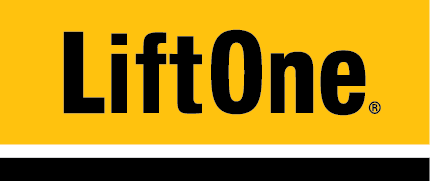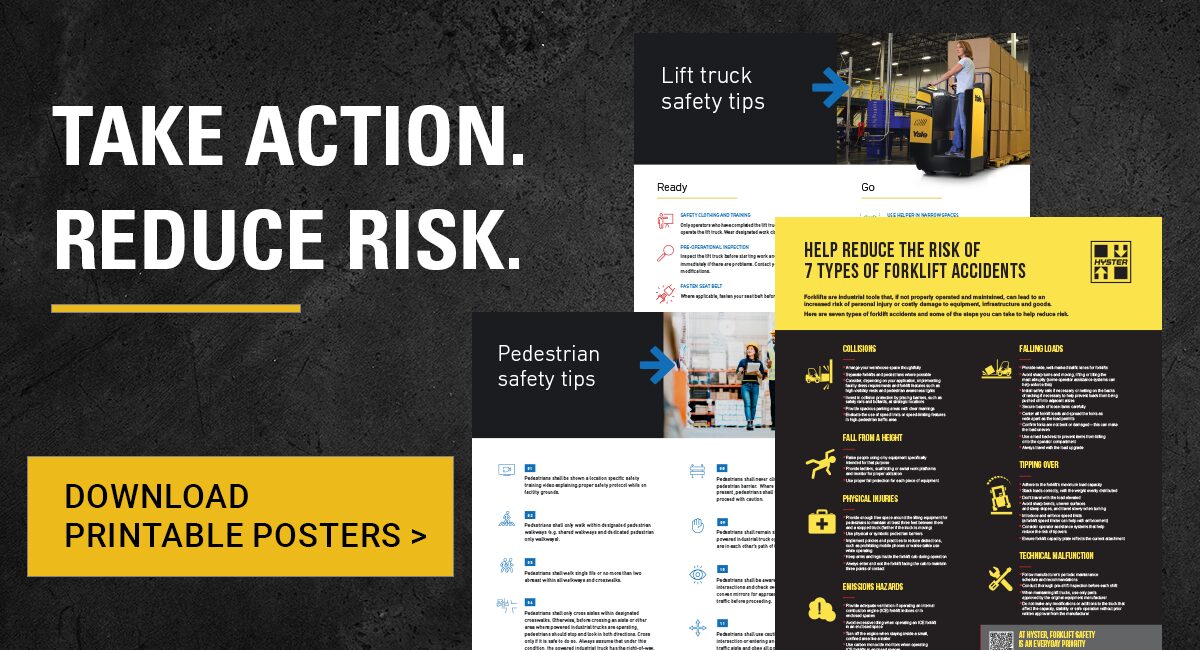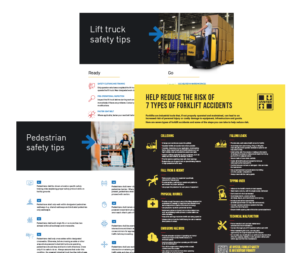At LiftOne, we believe safety isn’t just a checklist item—it’s part of who we are. That’s why we’re proud to recognize National Forklift Safety Day, a time to pause and shine a spotlight on something that affects everyone in our industry: keeping people safe around forklifts.
Whether you’re an operator, warehouse manager or part of the maintenance crew, forklift safety is a team effort. And while one day a year is dedicated to the cause, we know it takes a daily commitment to really make a difference.
Why National Forklift Safety Day Matters
This day is a reminder that safe forklift operation requires constant attention, education and action. According to OSHA, forklifts are involved in tens of thousands of workplace accidents each year—many of which are preventable with the right training, equipment and policies.
It’s also a great opportunity to step back and ask:
- Are we doing everything we can to protect our team?
- Is our equipment in good shape?
- Do our operators feel confident and prepared?
As a material handling dealer and warehouse solutions provider, we see firsthand how safety lapses—large or small—can result in injury, damage and costly downtime. That’s why we’re committed to helping our customers maintain the safest working environment possible.
7 Common Forklift Accidents—And How to Prevent Them
We’ve teamed up with our partners at Hyster® to provide to highlight seven of the most common forklift accidents, and practical ways to help reduce the risk:
1. Falling Loads
Loads that aren’t properly secured or balanced can fall and cause injury or product damage. To help prevent this:
- Use wide, well-marked travel lanes
- Avoid sharp turns or sudden mast movements
- Center the load and spread forks as wide as the load allows
- Inspect forks for damage or bending
- Use a load backrest, and always travel with the load uphill on inclines
- Consider using operator assistance systems for added control
2. Physical Injuries
In a warehouse, forklifts, operators and pedestrians must share space safely. Key tips include:
- Maintain at least three feet of clearance between pedestrians and stopped forklifts (more if the truck is moving)
- Use barriers or marked walkways to separate foot traffic
- Keep arms and legs inside the cab while driving
- Always face the forklift and use three points of contact when entering or exiting
- Prohibit mobile phone or walkie-talkie use while operating
3. Technical Malfunctions
Equipment failures can often be avoided with routine care. Be sure to:
- Conduct pre-shift inspections before every use
- Follow the manufacturer’s maintenance schedule
- Use only parts approved by the original equipment manufacturer (OEM)
- Never modify a forklift in ways that affect its capacity, stability, or safety without written OEM approval
4. Collisions
Forklift impacts with people, equipment, or infrastructure can be costly and dangerous. To minimize this risk:
- Utilize Hyster Reaction with the innovative Hyster® Pedestrian Awareness Camera
feature - Separate forklifts and pedestrians where possible
- Use high-visibility vests, pedestrian lights, and floor markings
- Add protective barriers like bollards and safety rails in high-risk areas
- Establish speed limits or install speed-limiting features
- Design your warehouse layout with safety in mind
5. Tipping Over
Forklift tipovers can lead to serious injury. Prevent them by:
- Never exceeding the rated load capacity
- Keeping loads low and stable while traveling
- Avoiding uneven surfaces, steep slopes, or sharp turns
- Making use of speed limiters or operator assistance systems
- Ensuring the capacity plate reflects any attachments in use
6. Falls from Height
Operators should never be lifted on a forklift unless it’s with purpose-built equipment. Instead:
- Use ladders, scaffolding, or aerial work platforms where appropriate
- Monitor for proper use of fall protection gear and lift attachments designed for personnel
7. Emissions Hazards
Gas-powered forklifts used indoors can create dangerous fumes. To stay safe:
- Ensure proper ventilation in enclosed spaces
- Avoid unnecessary idling
- Shut off the engine if operating inside confined areas like trailers
- Use carbon monoxide monitors
- Where ventilation is limited, switch to electric forklifts
- Charge lead-acid batteries only in designated, well-ventilated areas
Our Commitment to Your Team’s Safety
At the end of the day, safety is about protecting your team—and we’re here to support you in doing just that. Whether you need help scheduling operator training, updating your safety procedures, or checking your fleet’s condition, we’ve got your back.
|
|
Let’s work together to reduce accidents, protect your people, and keep operations running smoothly—on National Forklift Safety Day and every day.
Need help with forklift or your warehouse’s safety? Contact LiftOne today for expert guidance and support.












